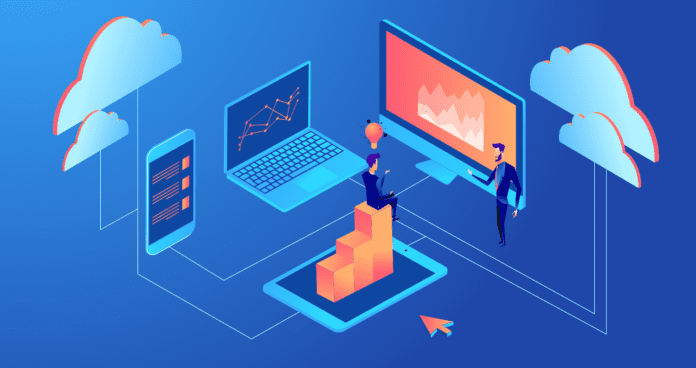Posted on April 17, 2024
Navigating the Future: Transforming Higher Education with a Digital Campus

Image Source: Google
Introduction
Higher education is evolving rapidly, and the integration of technology is playing a crucial role in shaping the future of learning. Traditional campus settings are being transformed into best Digital Campus (also known as "miglior campus digitale" in the Italian language), where students can access resources, collaborate with peers, and engage with course materials online. This shift towards digitalization is not only changing the way education is delivered but also revolutionizing the entire learning experience for students and educators alike.
The Benefits of a Digital Campus
Flexibility and Accessibility
- Students can access course materials and lectures from anywhere, at any time, providing flexibility in learning.
- Individuals with diverse needs, such as working professionals or students with disabilities, can benefit from the accessibility of digital education.
Enhanced Collaboration and Communication
- Digital platforms enable students and educators to collaborate in real-time, fostering a sense of community and engagement.
- Communication tools such as discussion forums and virtual classrooms make it easier for students to interact and share ideas with their peers.
Personalized Learning Experience
- With the use of data analytics and machine learning, digital campuses can provide personalized learning experiences tailored to each student's needs.
- Adaptive learning technologies can help students progress at their own pace and focus on areas where they need the most support.
Challenges and Considerations
Technological Infrastructure
- Ensuring reliable internet connectivity and access to devices for all students is essential for the success of a digital campus.
- Digital security measures must be in place to protect students' data and privacy from cyber threats.
Training and Support for Educators
- Faculty members may require training to effectively use digital tools and platforms in their teaching practices.
- Ongoing technical support is necessary to address any issues that arise and ensure a seamless learning experience for both educators and students.
Maintaining Student Engagement
- While digital platforms offer many opportunities for engagement, there may be challenges in keeping students motivated and participating actively in online learning activities.
- Innovative strategies such as gamification and interactive content can help enhance student engagement in a digital learning environment.
The Future of Higher Education
Hybrid Learning Models
- Hybrid learning combines online and in-person instruction, providing a flexible and personalized learning experience for students.
- Blending traditional classroom settings with digital tools can enhance the overall learning outcomes and cater to different learning styles.
Lifelong Learning Opportunities
- Digital campuses can offer continuous learning opportunities for individuals beyond traditional degree programs.
- Professional development courses, certifications, and micro-credentials can help individuals upskill and reskill in a rapidly changing job market.
Innovation and Research
- Digital campuses provide a platform for innovation and research, enabling collaboration between students, educators, and industry partners from around the world.
- Emerging technologies such as virtual reality, artificial intelligence, and blockchain are being integrated into academic programs to drive innovation in higher education.
In conclusion, the digital transformation of higher education through the implementation of digital campuses presents a myriad of opportunities and challenges. By leveraging technology effectively, institutions can create engaging and personalized learning experiences that cater to the diverse needs of students in the 21st century.
